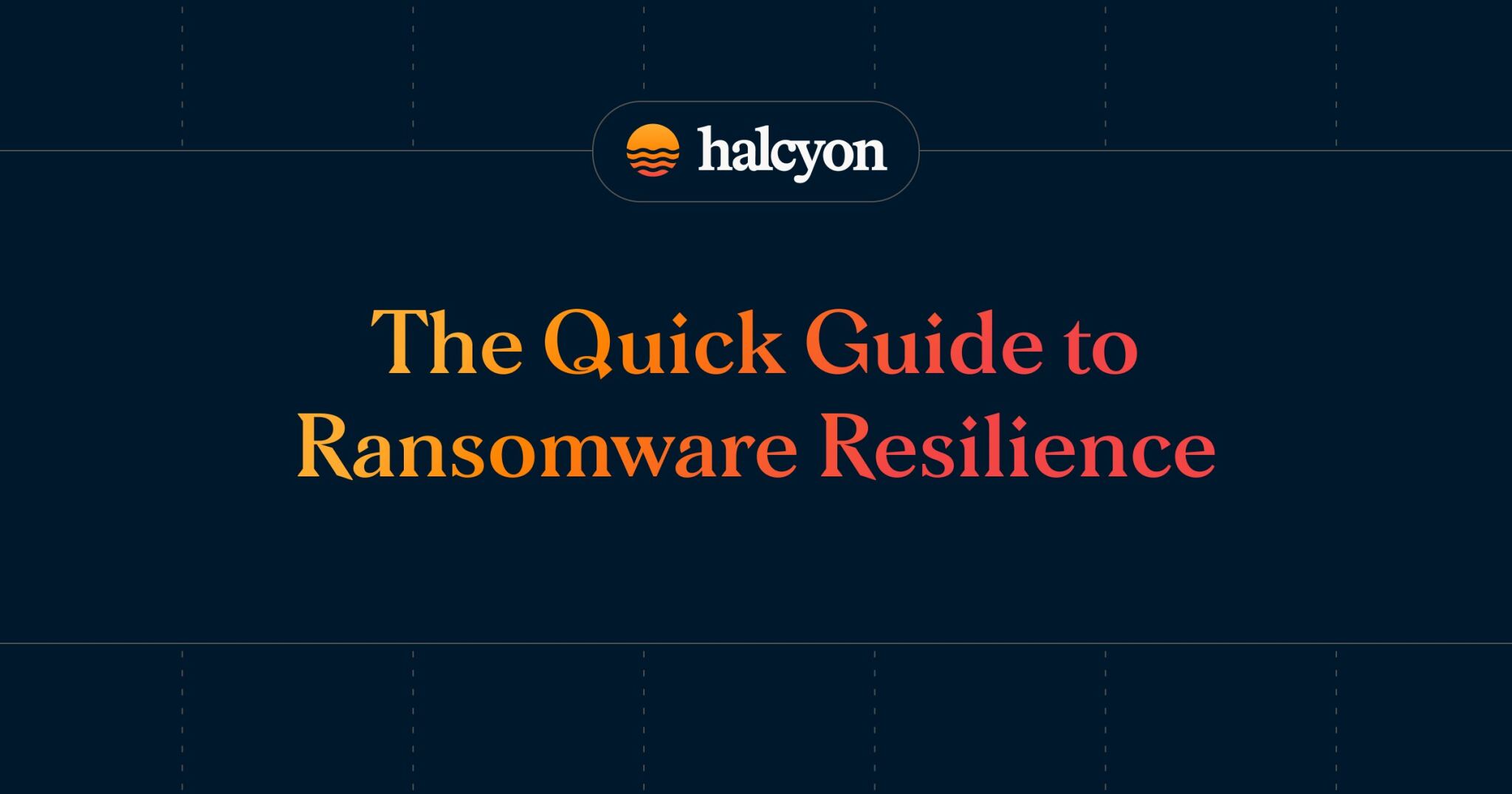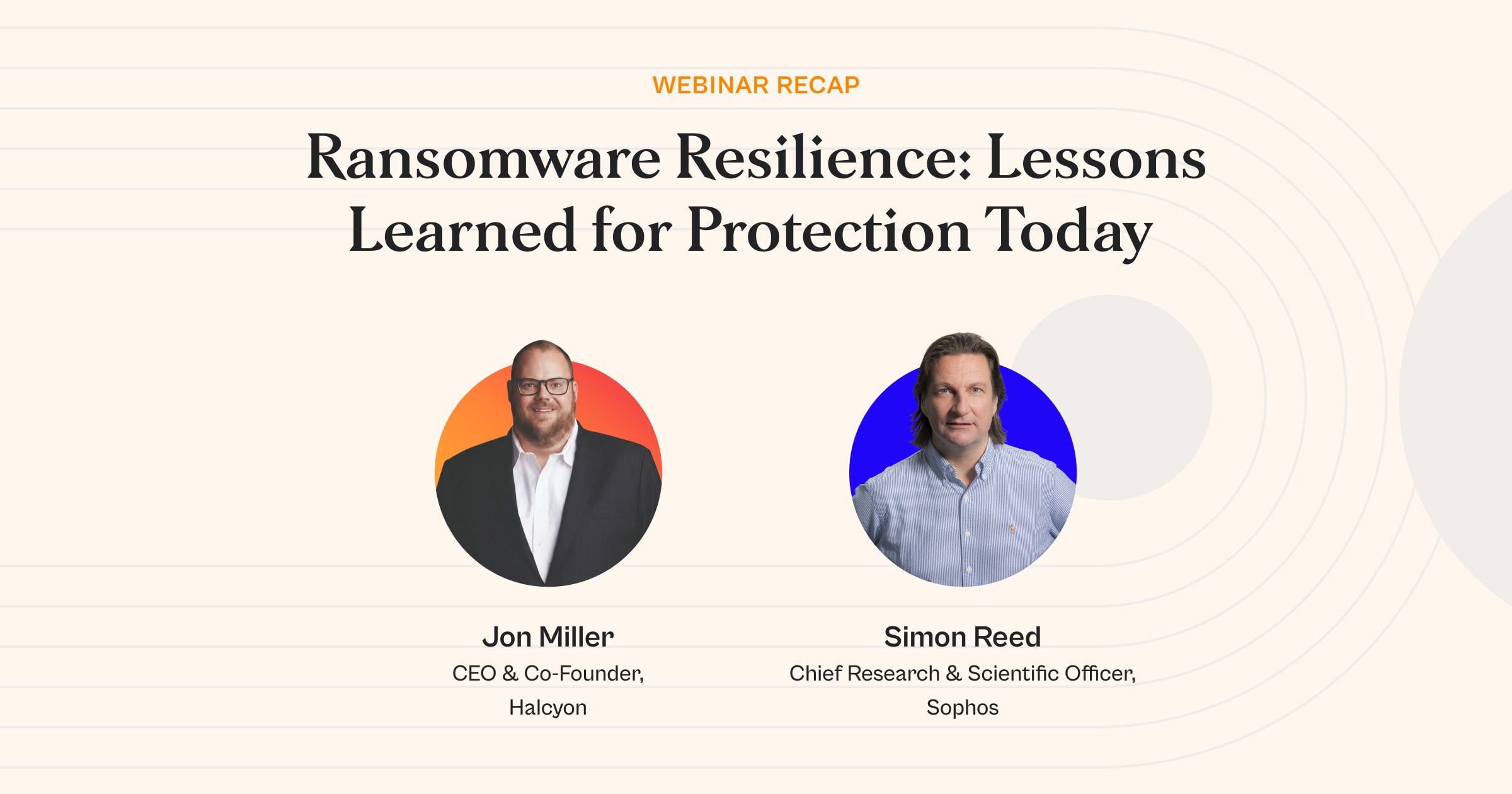Top Factors that Put Healthcare Sector at Risk from Ransomware Attacks


The healthcare sector is increasingly vulnerable to sophisticated cyber threats, with ransomware attacks posing a significant risk to patient safety and operational integrity. These attacks not only disrupt critical services but also compromise sensitive patient data, leading to severe legal and regulatory repercussions.
Ransomware Attacks
Ransomware attacks encrypt healthcare organizations' data, rendering it inaccessible until a ransom is paid. This disruption can delay patient care and compromise sensitive information. Studies have linked these attacks to negative patient outcomes, including increased mortality rates and complications in medical procedures. Between 2016 and 2021, ransomware attacks contributed to an estimated 42 to 67 patient deaths and a 33% increase in monthly death rates among hospitalized Medicare patients at affected facilities.
The impact extends beyond the targeted hospital, affecting the regional healthcare ecosystem. Neighboring facilities often absorb diverted patients without additional resources, straining emergency departments and medical staff. This overflow degrades the quality of care, prolongs wait times, and heightens the risk of complications or preventable deaths.
Exfiltration of Protected Health Information (PHI)
Ransomware attacks often involve unauthorized access to Protected Health Information (PHI), including medical histories, Social Security numbers, and insurance details. Under the Health Insurance Portability and Accountability Act (HIPAA), such breaches can result in severe legal and regulatory consequences. For instance, Anthem Inc. agreed to a $16 million settlement with the U.S. Department of Health and Human Services (HHS) for inadequate security measures leading to a data breach.
Beyond regulatory penalties, breaches can lead to class-action lawsuits from affected individuals, compounding financial and reputational damage. In February 2024, Change Healthcare, a subsidiary of UnitedHealth Group, suffered a ransomware attack by the BlackCat (ALPHV) group, compromising personal information of over 100 million individuals. Despite paying a $22 million ransom, the company faced ongoing threats and significant operational disruptions, including halted electronic payments and medical claims processing. The HHS launched a civil rights investigation into potential HIPAA violations, and multiple lawsuits were filed against Change Healthcare for negligence in data protection.
Supply Chain Attacks
Supply chain attacks occur when cybercriminals infiltrate an organization by exploiting vulnerabilities in third-party vendors or service providers. In May 2020, Blackbaud, a third-party service provider for numerous healthcare organizations, suffered a data breach where attackers exfiltrated sensitive patient data. Although the breach originated from a vendor, affected healthcare organizations remained legally responsible for ensuring PHI security under HIPAA. Failure to manage vendor risks can trigger regulatory scrutiny, result in hefty fines, and expose organizations to legal action from patients whose data was compromised.
Legacy System Vulnerabilities
Many healthcare organizations rely on outdated systems lacking security updates, making them susceptible to cyberattacks. This underscores the urgent need to modernize IT infrastructure and comply with data protection laws such as HIPAA in the U.S. and GDPR in Europe. Neglecting robust cybersecurity measures—including encryption, multi-factor authentication, and continuous network monitoring—can lead to severe consequences beyond financial and operational disruption. Organizations may face long-term reputational damage, regulatory investigations, civil penalties, and class-action lawsuits from affected individuals. Moreover, failure to report breaches promptly or implement preventive security controls can result in substantial fines and potential exclusion from federal healthcare programs.
Cloud Security Risks
As healthcare organizations increasingly migrate to cloud-based systems, they face heightened security risks such as data breaches, misconfigurations, and unauthorized access. The Accellion File Transfer Appliance vulnerability, exploited in a cyberattack, exposed sensitive healthcare data from multiple organizations. This breach highlighted the critical need for proper cloud environment security and stringent third-party vendor standards. Under HIPAA regulations, healthcare organizations are responsible for ensuring their cloud service providers comply with security requirements. Data breaches due to cloud security failures can lead to substantial fines, legal action, and mandatory breach notifications to affected individuals and the HHS Office for Civil Rights.
Takeaway
The escalating cybersecurity threats in the healthcare sector demand immediate and sustained attention. Ransomware attacks, data exfiltration, supply chain vulnerabilities, legacy system risks, and cloud security concerns pose significant challenges that can compromise patient safety, disrupt operations, and result in severe regulatory and legal consequences. As cybercriminals continue to refine their tactics, healthcare organizations must proactively strengthen their security posture through robust risk management strategies, continuous monitoring, and adherence to cybersecurity best practices. The financial and reputational costs of inaction are immense, but more importantly, the impact on patient care and safety is irreversible. By prioritizing cybersecurity investments, fostering cross-sector collaboration, and implementing comprehensive incident response plans, the healthcare industry can better defend against cyber threats and safeguard the integrity of its critical services.
Halcyon.ai eliminates the business impact of ransomware. Modern enterprises rely on Halcyon to prevent ransomware attacks, eradicating cybercriminals’ ability to encrypt systems, steal data, and extort companies – talk to a Halcyon expert today to find out more, and check out our quarterly RaaS and extortion group reference guide, Power Rankings: Ransomware Malicious Quartile.
Related Posts
See Halcyon in action
Interested in getting a demo?
Fill out the form to meet with a Halcyon Anti-Ransomware Expert!





